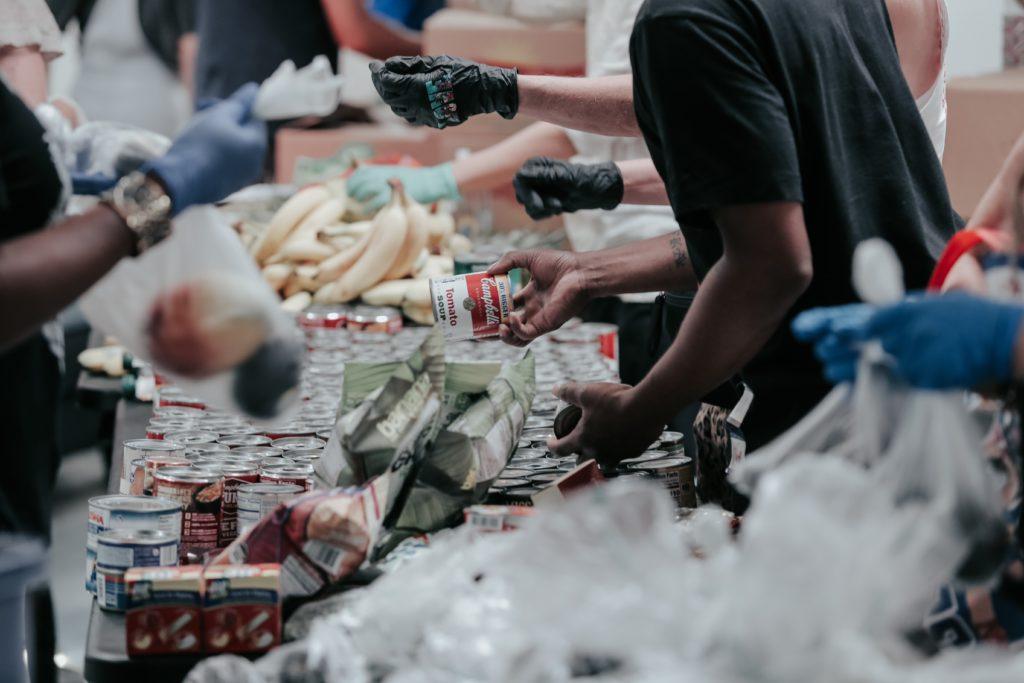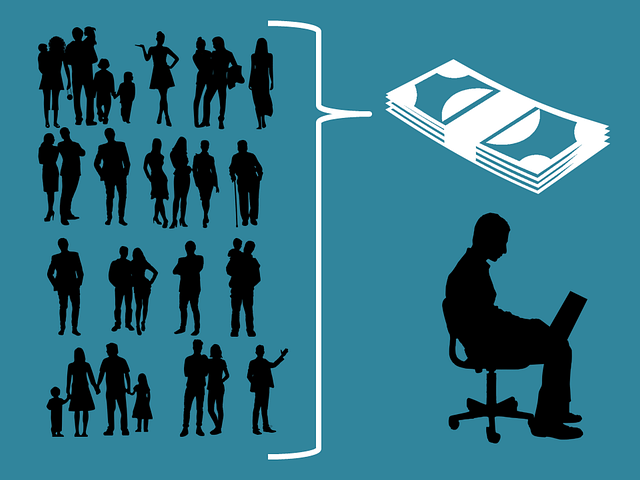 Fundraising is too often seen, at best, as a ‘necessary evil.’
Fundraising is too often seen, at best, as a ‘necessary evil.’
When viewed this way, folks – staff and volunteers alike – understandably prefer not to touch it with a 10-foot pole. Who wants to place themselves on the side of ‘evil?’
Yipes stripes!
But that’s not what fundraising is at all.
The tagline for my business, Clairification, is “philanthropy, not fundraising.” I often talk to folks about how the word philanthropy comes from the Greek and translates into “love of humankind.” Nothing evil about that!
In fact, if you ask folks to throw out the first word that comes to mind when you say ‘fundraising,’ and then ask them to do the same when you say ‘philanthropy,’ you’ll see it breaks down pretty neatly between good and evil.
Why it’s Important to Reframe Fundraising
If you’re coming at fundraising from the perspective of ‘necessary evil’ or ‘no pain, no gain,’ you’re never going to be effective. Especially when it comes to asking individuals, one-to-one, for passionate gifts.
As long as you hate it, donors will be able to tell you hate it.
I call this wallowing in the pain. Never a good approach. Distaste for asking begets distaste for giving. It’s done grudgingly, not passionately.
When donors can sense you’d rather be doing anything else than asking them for a gift, guess what happens? They follow your lead! In other words, they feel they’d rather be doing anything else than being asked (or making) a gift. Because you’re reducing everything to a monetary transaction.
What if you reframed fundraising so it’s seen as a really, truly good thing.
I like to reframe it thusly:
- It’s a responsibility.
- It’s a privilege.
- It’s an opportunity.
Fundraising is a Responsibility
If you’re fortunate enough to be a successful nonprofit, this means you’re helping solve some of the world’s most pressing problems.
Details



 This year Giving Tuesday is December 2nd. So, soon.
This year Giving Tuesday is December 2nd. So, soon.







